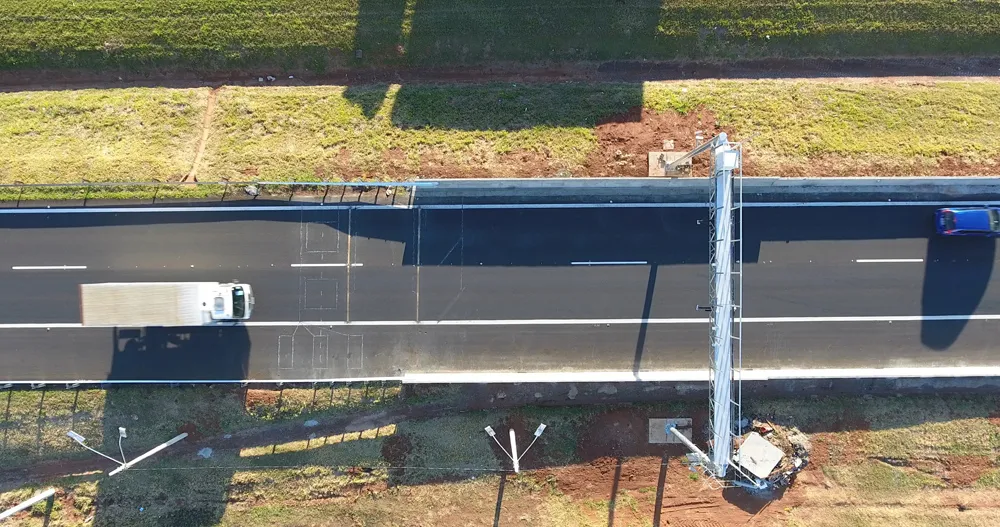International Road Dynamics (IRD) has received a contract valued at approximately US$1.22 million from Canada's Prince Edward Island Department of Transportation and Infrastructure Renewal (PEI DTIR). The contract is for the supply, installation, and maintenance of a mainline weigh-in-motion (WIM) sorter system, and will complement the weigh station operation located 1 km east bound of the Confederation Bridge. Installation is scheduled for completion by the end of June 2011.
May 16, 2012
Read time: 2 mins
The WIM sorter system will sort inbound commercial vehicles exiting the Confederation Bridge on a single lane highway on Route 1. Currently, all commercial vehicles are required to report to the weigh station. During strong wind events, the bridge is closed to traffic for as long as 12 hours. When the bridge is re-opened there is the potential for 300 to 400 trucks to be waiting to report to the weigh station.
IRD’s system, via electronic message signs, will automatically direct commercial vehicles that are potentially in violation of dimension and weight compliance limits to report to the weigh station, while those that are not in can bypass the weigh station, or at the option of the weigh station operators can still be directed to report for further weighing or inspection. The system uses IRD’s single load cell weigh-in-motion scales and its advanced iSINC WIM electronics, which are recognised as the premier technologies for commercial vehicle sorting applications at weigh stations. IRD’s solution will significantly reduce commercial vehicle wait times and improve operating costs for compliant vehicles.
“We are pleased to participate in this important project and look forward to providing an innovative solution to meet the needs of PEI and the Confederation Bridge. IRD has a significant presence in the region with nine mainline WIM systems in Nova Scotia and New Brunswick, and four virtual weigh stations in Newfoundland,” commented Terry Bergan, IRD’s president and CEO.










